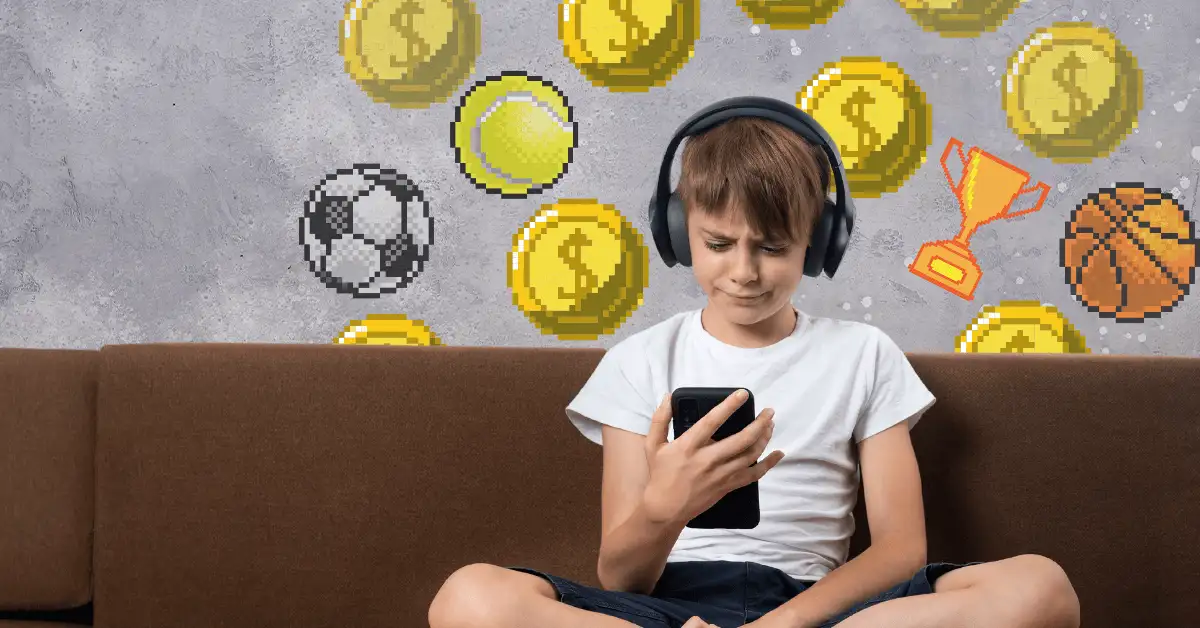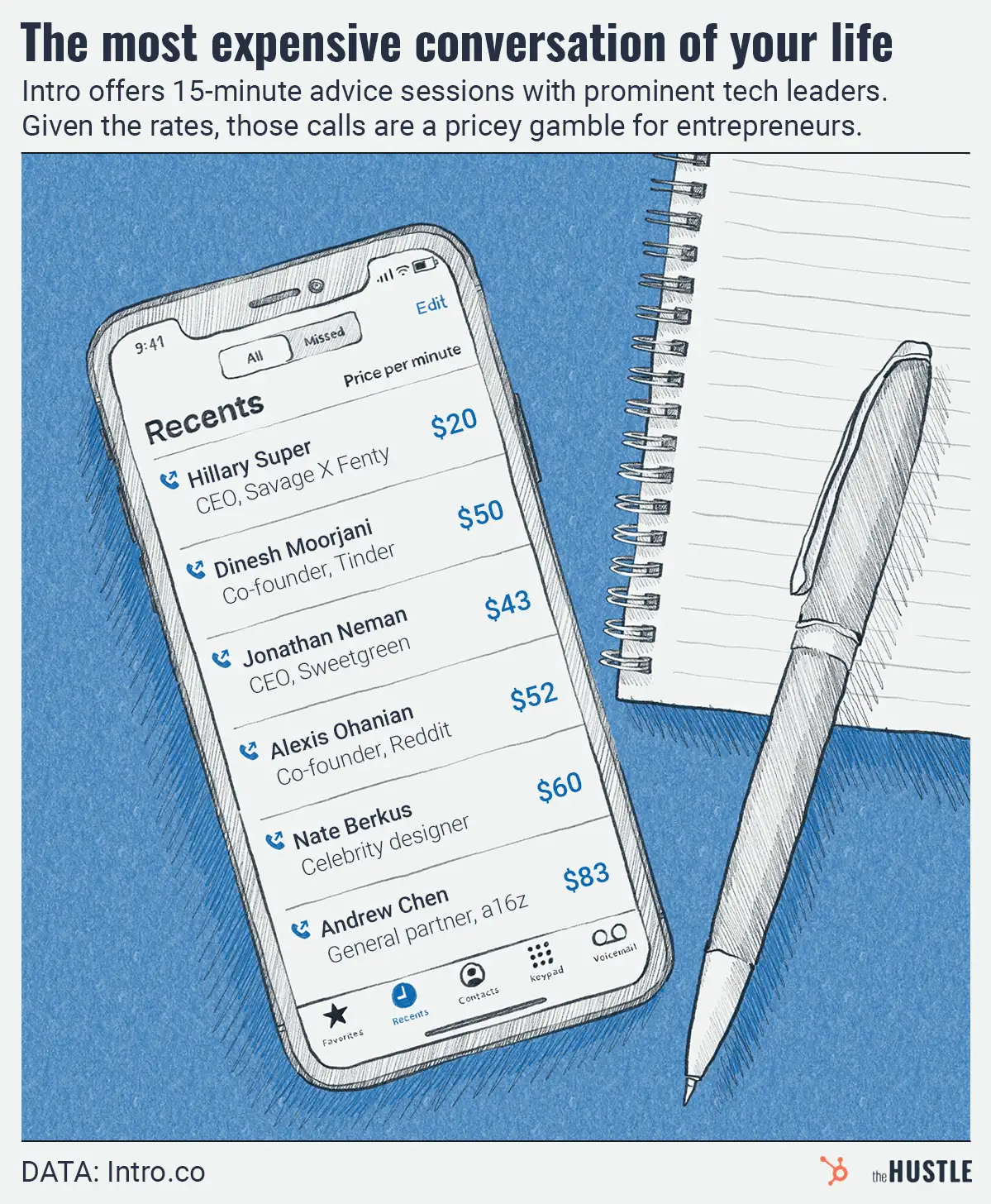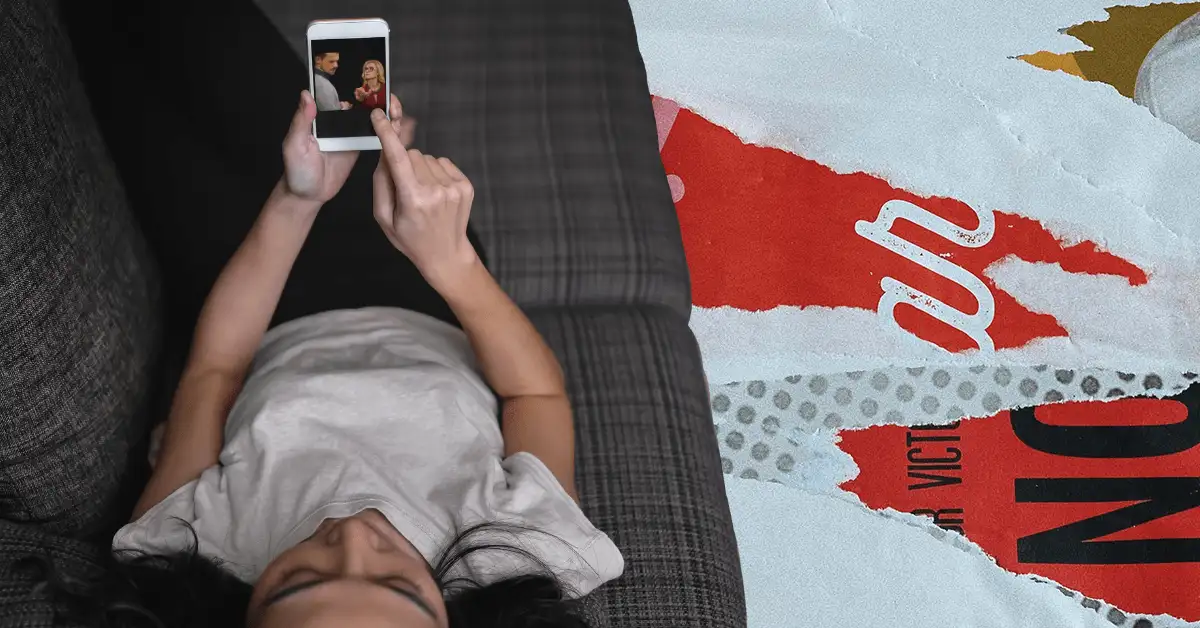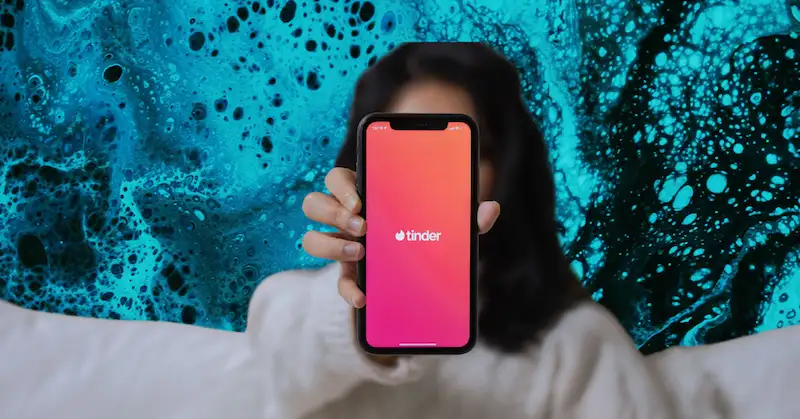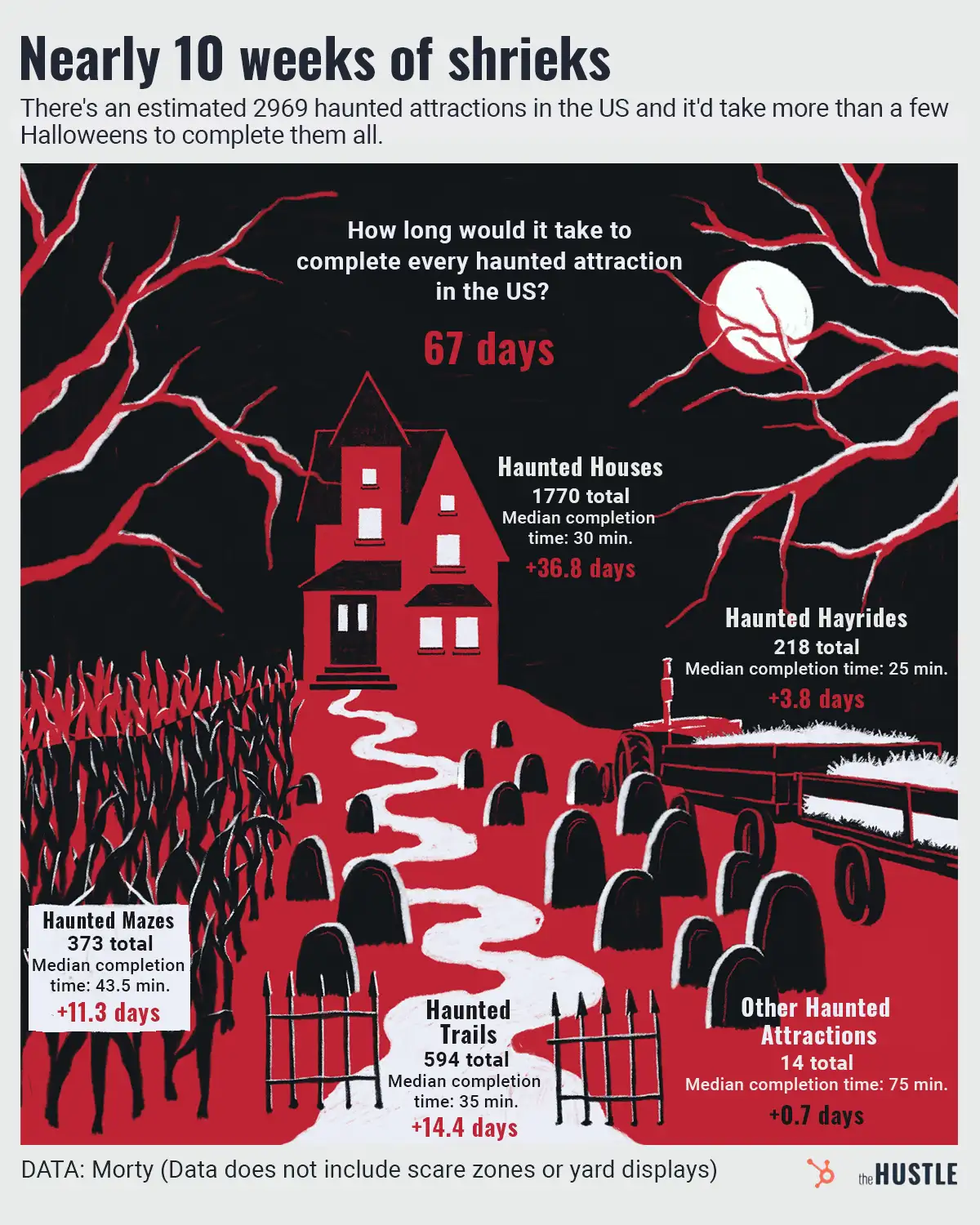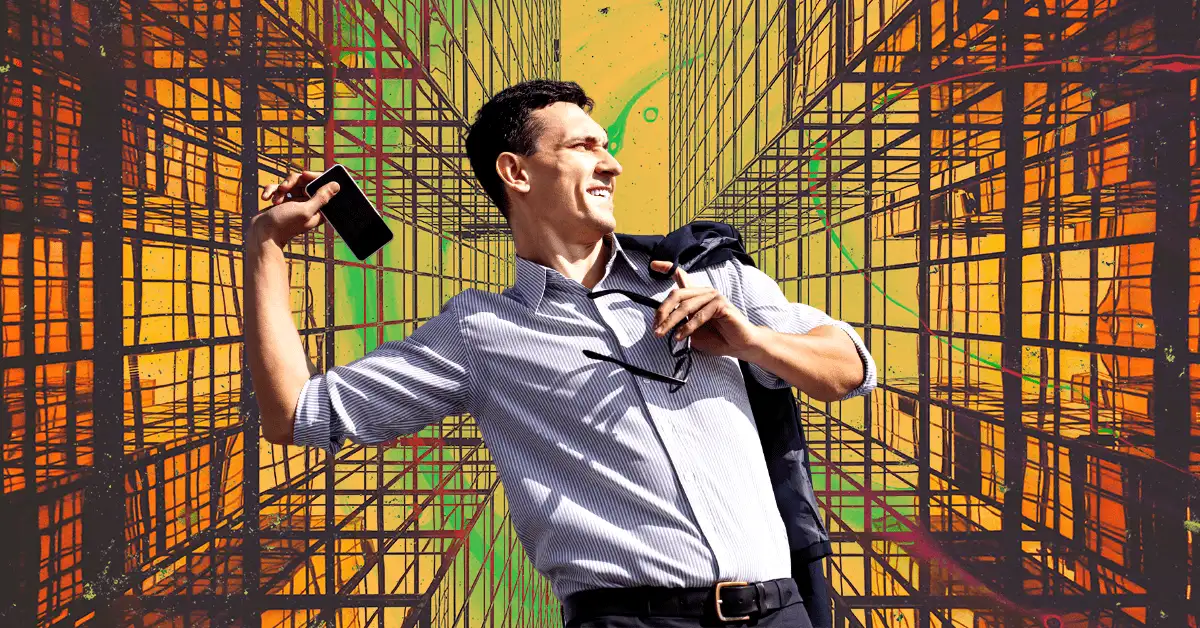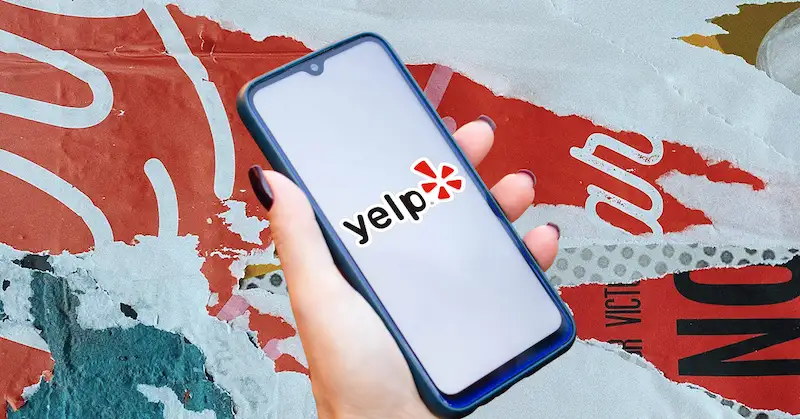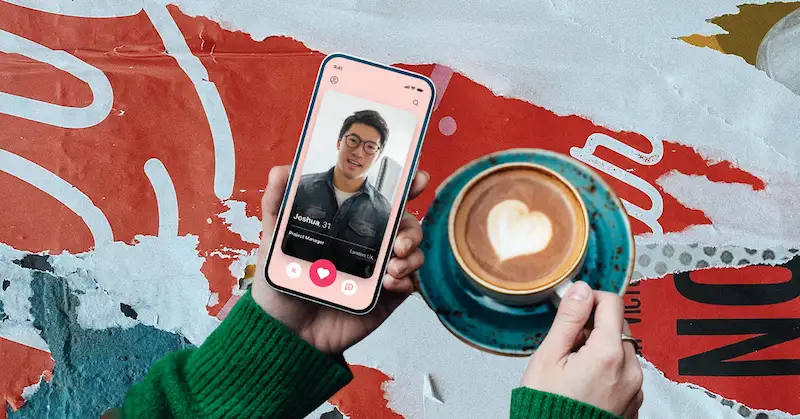Many of us are familiar with the monotony of swiping through hundreds of dating app profiles, hoping to find a match while dodging catfishes and bad pickup lines.

It’s so grueling out there that some users are giving up on traditional apps altogether:
- Gen Zers, in particular, have grown disillusioned with dating apps: According to a recent survey, 79% of college students are trading in apps for in-person connections.
- Old-school dating methods, like professional matchmakers and in-person speed dating, are having a renaissance.
- Some are even finding love on platforms not meant for dating at all, like Duolingo, Yelp, and Strava.
Of course, if every app is a dating app, it leaves room for exploitation and harassment: One survey found that 91% of female LinkedIn users had received romantic or inappropriate messages on the platform.
Changing preferences…
… have given way to a new crop of hyperfocused dating apps looking to relieve swiping fatigue.
Outside of dating behemoth Match Group, which owns most of the major dating sites and apps, niche dating sites have been finding increased success:
- Public company Grindr, the most successful LGBTQ+ dating app, leads the pack with 13m+ monthly active users.
- Feeld, a sex- and queer-positive dating app for people seeking nontraditional relationships, saw average weekly users grow 90% between 2021 and 2022.
And there’s an app for every religion, profession, interest, and diet out there.
As niche apps emerge…
… the big fish of the dating world are faltering.
Match Group’s share price has tumbled, and Bumble’s share price also slumped after its longtime CEO and co-founder stepped down this month.
To stay afloat, large dating companies are leaning into monetization through paid subscriptions.
Tinder recently launched a premium subscription tier that costs a staggering $500/month, a fee not many would be willing or able to pay.
But to each their own. Same goes for this clown dating app, if that’s your jam.
bc75.jpg)
